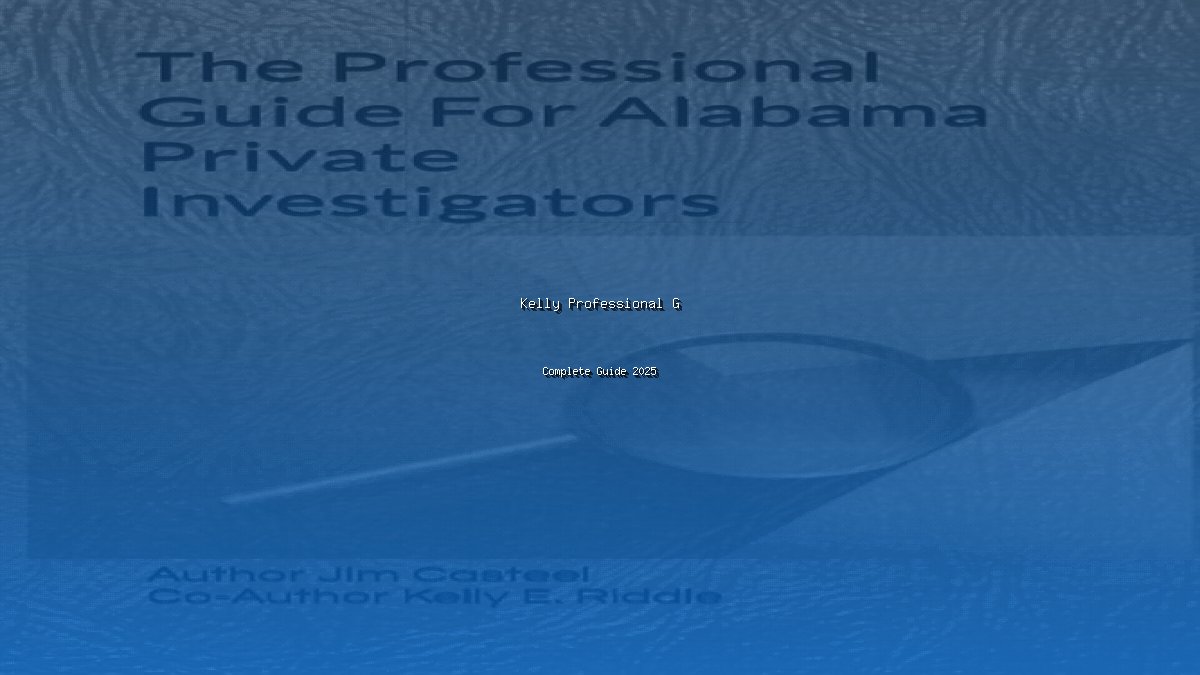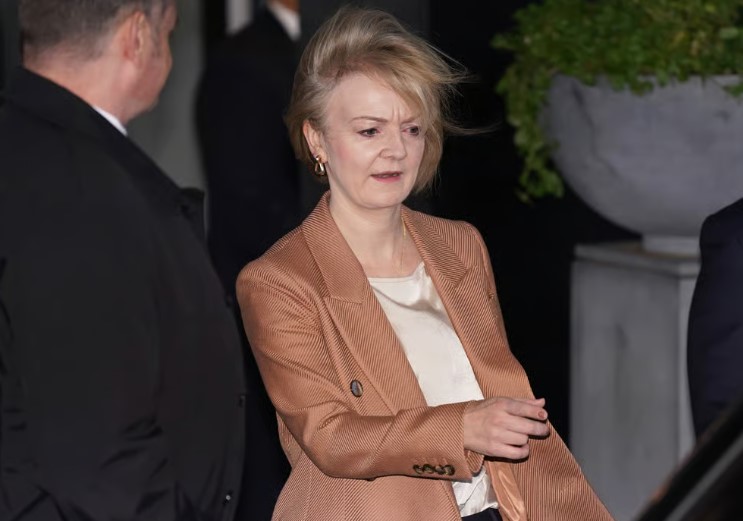South London Homeowners Struggle as Heating Bills Soar Amid System Issues
- Update Time : 02:13:20 pm, Monday, 2 September 2024
- / 215
In South London, homeowners stuck with an unmetered district heating system are reeling from a dramatic increase in their service charge bills. These bills have more than doubled, now exceeding £4,000 annually for each household. The affected residents live in two Southwark Council-owned estates in Peckham and are among 17,000 households across the borough that rely on this district heat network.
The district heating system employs a communal boiler to provide heating and hot water to multiple properties. Southwark Council argues that this method is more economical and efficient in the long run compared to individual boilers. However, residents contend that poorly insulated pipes are leaking heat, making their homes uncomfortably warm and driving up their costs.

Council Claims vs. Resident Complaints
The council has implemented a cap on bill increases for tenants on district heating networks, limiting them to a 10% rise this year. This is managed through a heating account that smooths out the impact of energy price fluctuations by carrying small surpluses and deficits from one year to the next.
Despite this cap, leaseholders, who must cover the actual heating costs of their estate each year, are finding it increasingly difficult to manage their expenses. Emily Miller, a 40-year-old leaseholder on the Consort Estate, reported that her annual service charge bill had soared from £1,800 a decade ago to over £4,500 this year, primarily due to rising heating and hot water costs.
Miller, who purchased her two-bedroom flat in 2014, expressed frustration: “Being leaseholders, we are totally trapped. Initially, I took it on the chin, but the bills have skyrocketed in recent years. The flats are so warm as it is, we only use the heating a few times a year. This year, I had to buy a standalone air conditioning unit for £450, which is not covered by the service charge.”
Increased Bills and Inefficiencies
Jay Brown, a 37-year-old resident of the Cossall Estate, saw her service charge jump from £1,800 in 2021 to nearly £5,000 this year. She criticized the lack of control over their heating system: “We don’t have any control. In other houses, you can turn the heating off. Here, you can’t. The council seems to think we can afford these costs because we’re leaseholders, but we’re barely scraping by.”
Tom Vosper, who oversees district heat networks at Southwark Council, admitted at a meeting in July that communal boilers use twice as much energy as individual boilers. He attributed this to the age of the boilers, heat loss through the network, and the lack of meters in properties, which he said reduces the incentive for residents to conserve energy.
However, Vosper argued that the inefficiencies of the system were not the primary cause of the bill increases. He suggested that the significant rise in energy costs, which have increased by 450% for the council, was the main driver of the higher bills. Vosper also claimed that underground pipework is well insulated and that the inefficiencies of the heating system are not the primary issue.
Resident Dissatisfaction and Call for Change
Despite the council’s explanations, many leaseholders remain unconvinced. Jody Reynard, who bought his two-bedroom flat in 2008, described the current service charge as “unmanageable” and “completely unsustainable.” Reynard expressed a desire to be removed from the district heat network altogether: “The charges are now completely unsustainable for me and others. I want to be billed correctly for the energy I’m using. I don’t want to be on the district heat network.”
Lou Franklin, another leaseholder, saw his service charge more than double from £1,800 to £4,800 since purchasing his one-bedroom flat eight years ago. Franklin questioned why residents cannot opt out of the district heating system and install their own boilers: “Why can’t people break away from the system? Why can’t someone get a boiler in their flat and be responsible for it?”
Council’s Response
A Southwark Council spokesperson defended the district heating system, stating that it offers better long-term value and supports the borough’s net-zero carbon reduction goals. The spokesperson also noted that while fuel costs have risen sharply, prices are expected to decrease in the future. Maintenance and repair costs are also managed more effectively through economies of scale.
As South London residents grapple with soaring heating bills and an inefficient district heating system, the debate continues over whether the council’s approach is truly beneficial in the long run or if alternative solutions should be explored.
More Related Article:

























